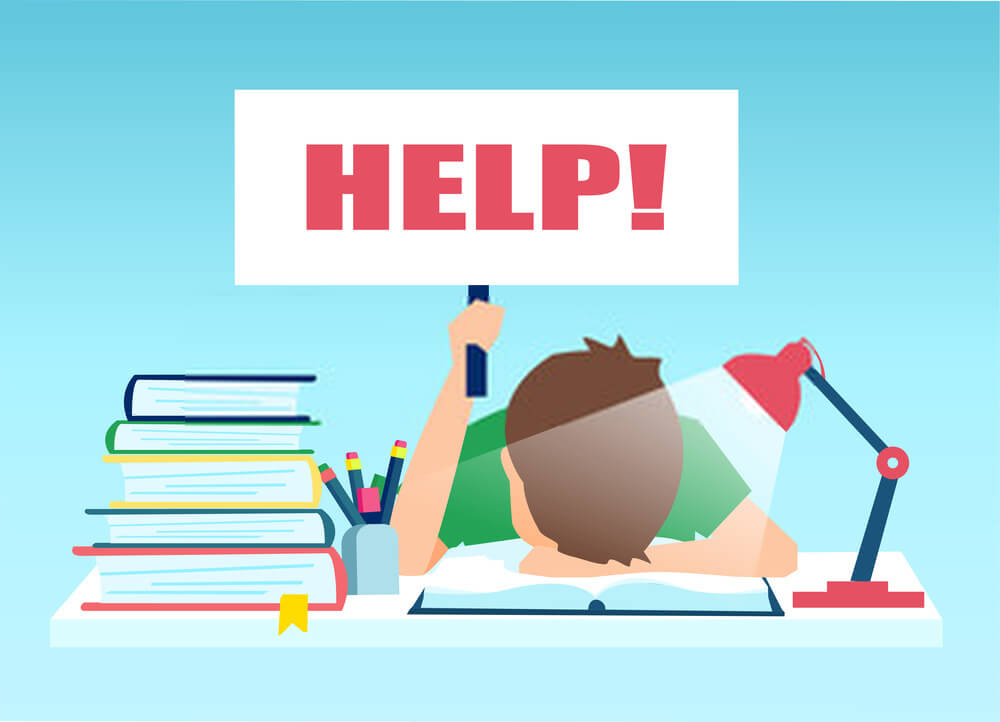Bio-Psycho-Social-Spiritual Model of Substance Use

Assignment help services are an essential resource for students seeking to enhance their academic performance and alleviate the pressures of their coursework. These services provide expert assistance across a diverse range of subjects, offering tailored support that meets the unique needs of each student. With the help of professional tutors and academic writers, students can gain a deeper understanding of challenging concepts, improve their research and writing skills, and ensure their assignments are completed to the highest standards. Moreover, assignment help services often include additional benefits such as plagiarism checks, thorough editing, and adherence to specific formatting guidelines, ensuring that students submit polished and original work. By leveraging these services, students can better manage their workload, reduce stress, and achieve their educational goals more effectively.
Bio-Psycho-Social-Spiritual Model of Substance Use
Substance use involves the continuous use of illegal drugs, which negatively affect a person. The biopsychosocial model is an approach used in understanding substance use disorder. The model considers the biological, psychological, social, and spiritual factors in understanding people’s health. Rather than focusing on one thing which causes people to engage in substance use, the bio-psycho-social-spiritual model helps explain a constellation of factors leading a person to engage in substance use. The paper discusses the bio-psycho-social-spiritual model of substance use.
Substance use is recognized as a complicated disorder that affects the different elements of the human body system. When understanding the bio-psycho-social-spiritual model, it is critical to evaluate how each facet influences substance use among people. The facets include:
Biological – The Body
The biological facet explains how people’s cravings for substance use develop. When people use substances like alcohol, the brain gets used to it. The body develops pleasure from the use of illicit drugs leading to addiction. People may use drugs to drive the stress of depression from their bodies (Brown et al., 2022). However, the continuous use of the substances affects the brain. Drug use alters the brain’s functionality because of its impact on the central nervous system; this affects how people think and act when they experience a problem. Caring for the human body can help a person recover from the effects of drugs on the body. Some interventions for the biological factors include exercise, medical care, sleep, and nutrition.
Psychological
Various psychological elements are linked to substance use. The psychological model of substance use is based on people’s emotions and reactions to the reward they get from their behavior. Sensations inside a person’s body can trigger them to engage in substance use (Brown et al., 2022). For instance, a person may have a low mood which might affect their behavior. However, when they see a drug that can change their emotions, their brains can be triggered toward the substance, making them crave the substance use. Psychological constructs like self-worth and people’s life experiences like trauma can trigger them to engage in substance use. People can prevent and control the psychological connection to substance use by seeking counseling and engaging in positive self-talk to build self-esteem.
Social
People’s social life has a direct effect on their mental health. Social norms, approvals, and practices can influence people to engage in substance use. Learning from the environment and peer pressure influences people who get involved in substance use at an early stage. How a culture interrelates with drug use can contribute to people’s use of substances (Braganza & Oliveira, 2022). For example, some cultures hold that men should taste alcohol at some point. The idea of interacting with drugs in life can influence people to become addicted. Likewise, some communities become more exposed to alcohol and tobacco advertisements; this influences their ability to try the products. The social environment where a person exists can be a contributing factor for them to substance use.
Spirituality
People’s spiritual life determines their behavior in the social environment. Individuals connected to God obey the commandments and follow religious teachings. Disconnection from God contributes to immoral behavior like bad company, which can influence people to substance use (Braganza & Oliveira, 2022). When people sin, they get separated from God. As a result, they lose meaning in life, resulting in substance abuse that can cause addiction.
In conclusion, the bio-psycho-social-spiritual model explains the reason why people engage in substance use. Biological factors cause cravings for substance use when people derive pleasure from the drugs. People with psychological issues like mental problems or low self-esteem can use substances to prevent their problems. A person’s social life is determined by the people they interact with and their environment; this can contribute to the use of substances.
References
Braganza, M., & Oliveira, J. (2022). Using the bio-psycho-social-spiritual framework in holistic health and well-being: A case example of a community-and faith-based sports program. Christian Journal for Global Health, 9(1), 94-104. https://doi.org/10.15566/cjgh.v9i1.593
Brown, G., Durette, L., Ebright, T., & Cho, K. (2022). Restoring Wholeness to Psychiatry: Models of Understanding. International Journal of Healing and Caring, 22(2), 1. https://digitalscholarship.unlv.edu/psychiatry_fac_articles/3/
Looking for a similar assignment? Our writers will offer you original work free from plagiarism. We follow the assignment instructions to the letter and always deliver on time. Be assured of a quality paper that will raise your grade. Order now and Get a 15% Discount! Use Coupon Code "Newclient"


